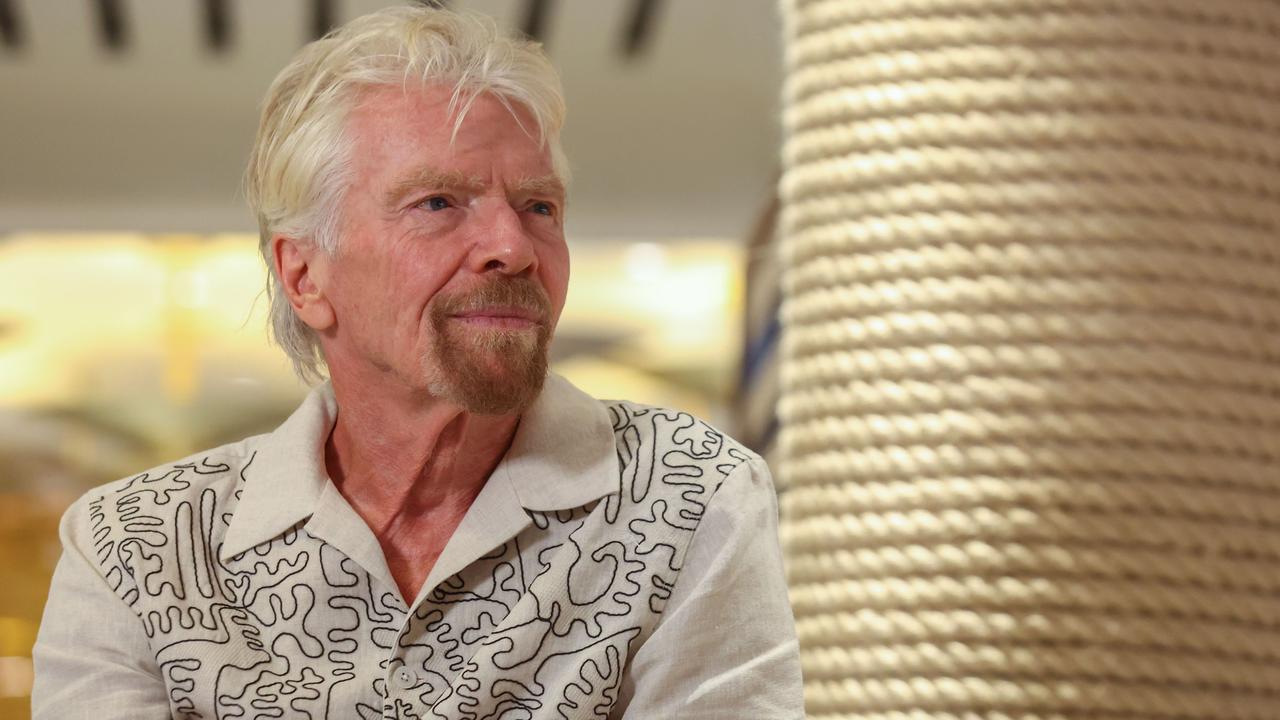Economy slowing as exports slump
GROWTH in the Australian economy is at its weakest since last December
FALLING business investment and exports have pushed the economy to its weakest growth since last December, with the Rudd government claiming its stimulus spending is all that is preventing a recession.
The economy grew by only 0.2 per cent in the September quarter, a result economists said was equivalent to "treading water", and a sharp fall from the 0.6 per cent growth achieved in the June quarter.
The result shook financial markets, with the dollar dropping more than a cent to dip below US90c for the first time in two months while money market dealers unwound trades based on the Reserve Bank raising interest rates in February.
"The national accounts provide a cautionary reminder there is some way to go before our growth momentum becomes self-sustaining," Wayne Swan said.
Treasury estimates that the government's stimulus programs, such as school building, housing and home insulation, contributed a net 0.4 percentage points to the economic growth.
"These numbers prove comprehensively that calls for us to withdraw the fiscal stimulus were and are premature and a dangerous misjudgment of our economic situation," the Treasurer said.
However, the Coalition is sticking to its argument that the economy only contracted in one quarter at the end of last year, and that there is no longer any need for government support.
"We once again call on the government to pull back on its massive spending program, otherwise interest rates are going to go up much higher than they need to be. The more the government spends, the higher interest rates will be," opposition treasury spokesman Joe Hockey said. However, the likelihood of further interest rate rises early in the new year has receded sharply.
As well as the weak growth performance, the markets were influenced by a speech from Reserve Bank deputy governor Ric Battellino, who said the current cash rate of 3.75 per cent could no longer be considered "unusually low".
Mr Battellino said private banks had been forced by increased funding costs to raise their interest rates to borrowers by 100 basis points, relative to the official cash rate, since the global financial crisis began.
Although such unofficial rate rises have been sharply criticised by the government, Mr Battellino said the banks would be recording losses now if they had not done so.
"That would have threatened their ability to keep raising funds and in turn their capacity to lend," he said.
Mr Battellino defended Westpac's decision to lift its mortgage rate by 45 basis points, almost double the increase in the official rate, saying its home lending had been growing at an unsustainable rate.
Markets have cut the chance of a rate rise in February from 90 per cent last week to just 35 per cent.
The national accounts showed there is no inflationary pressure in the economy, with the price of household goods and services falling by 0.5 percentage points.
Household incomes fell by 1.6 per cent in the quarter as the government's cash handouts came to an end, while the expiry of some of the business tax breaks that were part of the stimulus package contributed to the fall in business investment.
Although overall growth was only half the rate expected by market economists, the national accounts showed the first hints of genuine recovery. Housing construction rose 5.9 per cent, the first increase in a year, while a small rise in the terms of trade, also the first for a year, pointed to the improving outlook for mining.
Growth was strongest in South Australia (1.9 per cent) and NSW (1.3 per cent).


